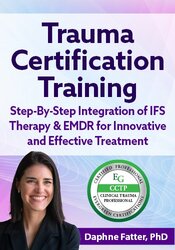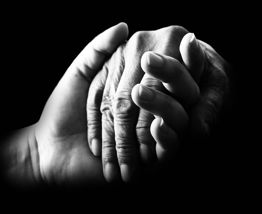Enrol in an online course today for flexible, self-paced learning—no fixed schedule required. Plus, enjoy lifetime access to course materials for convenient revisiting.
Exploring Mortality with Clients

As Earnest Becker writes in his Pulitzer Prize winning book, The Denial of Death, we are living in a society that is hooked on rejecting death. But as therapists and psychologists, I believe we should do something about this. By confronting our own denial of death, we can become powerful guides and mentors for those lost in their fear of living and dying, especially in these tumultuous times.
So, if you are tiptoeing around addressing mortality with your clients, take it from me – doing so saved my life.
Thirty years ago, a truly enlightened and fearless transpersonal therapist helped me to step away from utter self-destruct by asking me how I felt about my death. This was the moment when I realised that I desperately wanted to reach my deathbed feeling proud of who I was. Otherwise, what was the point of my life? Knowing I was going to die and accepting this set me free to fully engage in creating a life worth living for. It also led me to do the work I do now, helping people to talk openly and honestly about their mortality.
Here are a few essential skills I have picked up along the way, which can be used to support your clients and also yourself as you engage in this work.
It’s also important to understand that talking about mortality can bring up all kinds of thoughts and feelings for the therapist, too. So, you need to take care of yourself – and be courageous enough to know when offering this kind of therapeutic support may not be for you.
How to support yourself as a therapist
- Take responsibility: You may have experienced a recent bereavement and feel too raw to engage with someone else’s mortality at the present time.
- Be honest: These sessions may bring up difficult or confusing feelings, so use your supervision well.
- Explore your own mortality: for example, go to a Death Café and read up about existentialism and transpersonal psychology. The more you engage with your own mortality, the more you will be able to support your clients to do the same.
How to support your clients
- Be mindful: Some clients may not be ready to engage with their mortality.
- Be bold: Use the words ‘death’, ‘dying’ and ‘mortality’, and gently challenge euphemisms such as, ‘passed over,’ ‘gone before,’ ‘demise,’ ‘succumb.’ Also, always pay attention when a client says, ‘If…’ (rather than when) ‘… I’m going to die’. It’s amazing how many do.
- Be really curious: For example, ask them how they feel about death and what they imagine it might be like.
- Be open: Beliefs, anxieties and fears may change as the client continues to deepen their relationship with mortality.
- Be supportive: Encourage clients to continue to engage with their mortality – for example, by going to a Death Café or a death and dying workshop. You could also recommend books by authors such as Elisabeth Kubler Ross, Steven Levine and Paul Kalanithi.
- Close the session safely: I invite the client to tell me how they experienced the session. Their answer is always along the lines of, “I feel such a relief being able to talk like this”.
I am well into my ageing process these days. Death may still be over the horizon, but I am so grateful to feel at peace with the fact it is marching relentlessly towards me. Because of the work I did with my therapist, I do not suffer from the death anxiety that so many people have when they haven’t accepted their mortality. In fact, however and whenever it arrives, I am regarding my death with great curiosity and a sense of adventure.
In Wednesday’s blog, Sue Brayne will be looking at the topic of adapting grief work to the pandemic. Wearing Your Mortality with Pride Gives Your Life Significance, a short form digital TEDxFrome talk by Sue, will be live streamed on Wednesday 16th December. Information about Sue’s talk will be posted here on Monday 14th December on.

















